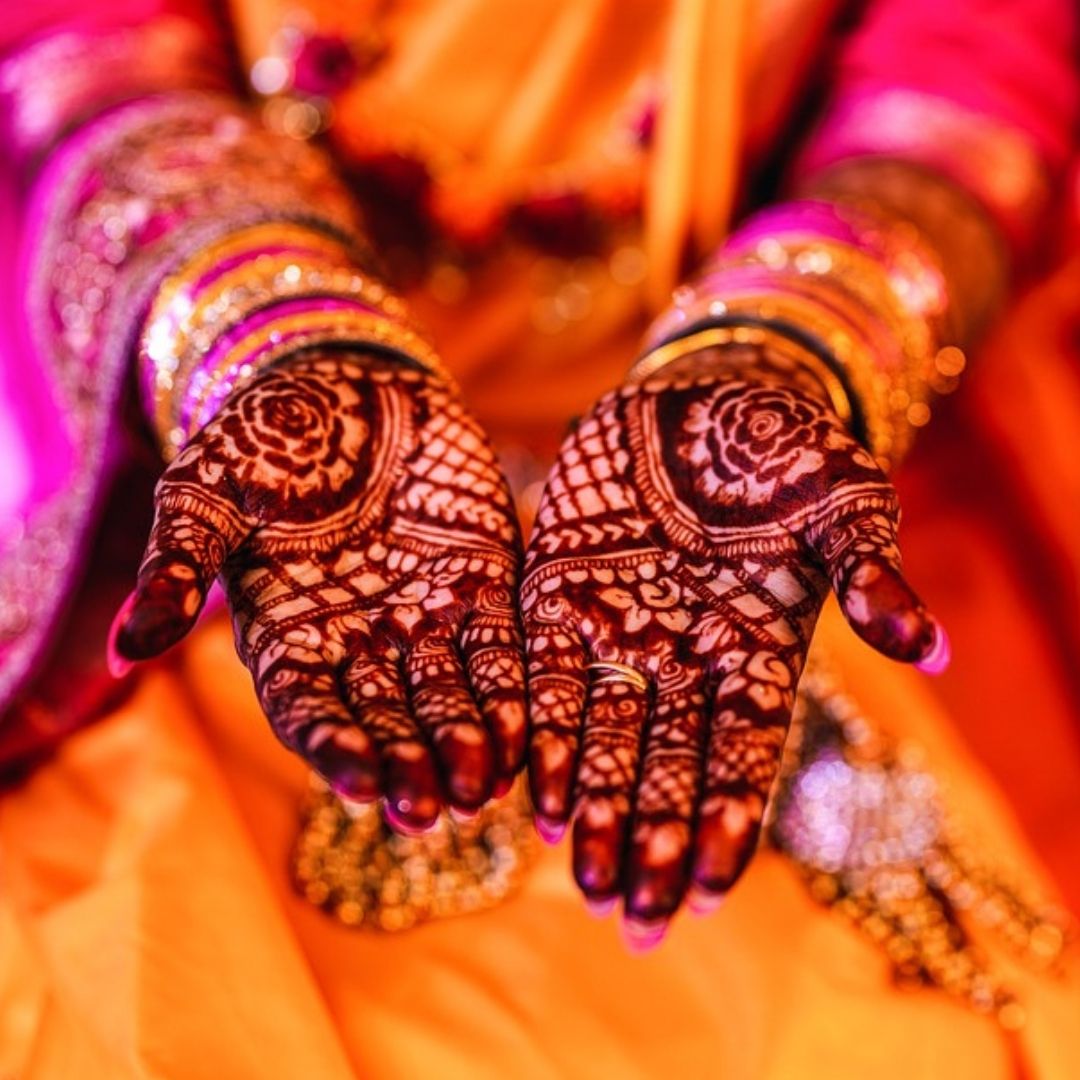
Image Credits: Pixabay
Living Example! This Kashmir Village Has Outrightly Banned Dowry System Since 3 Decades
Writer: Tashafi Nazir
For most people, journalism sounds hectic and chaotic. For her, it's a passion she has been chasing for years. With an extensive media background, Tashafi believes in putting efforts on presenting a simple incident in the most interesting way.
Jammu and Kashmir, 31 Aug 2021 11:48 AM GMT
Editor : Palak Agrawal |
Palak a journalism graduate believes in simplifying the complicated and writing about the extraordinary lives of ordinary people. She calls herself a " hodophile" or in layman words- a person who loves to travel.
Creatives : Tashafi Nazir
For most people, journalism sounds hectic and chaotic. For her, it's a passion she has been chasing for years. With an extensive media background, Tashafi believes in putting efforts on presenting a simple incident in the most interesting way.
'Baba Wayil' village has straightaway rejected the notion of lavish weddings and put a strict ban on the dowry system. Anyone breaking the rules would be socially boycotted, barred from attending congregational prayers at the mosque, and refused a permit to be buried in the local graveyard.
In the picturesque mesmerising valleys of Ganderbal district in north Kashmir lies a village called 'Baba Wayil'. More than 6000 people reside in the area and are usually involved in farming walnuts, importing and exporting Pashmina shawls, and attending Friday congregational prayers together. The village traces its roots back 750 years when a respected Sufi saint called Syed Baba Abdul Razzaq arrived from Baghdad to promote Islam. He later found the village, lived his life there, and was laid to rest by the community in the village that now bears his name.
Located 28 km away from the district capital Ganderbal, Baba Wayil is a three-hour drive from Srinagar city. The roads are not well-connected and there is little scope for public transport, Al Jazeera reported.
Most of the people living in this village belong to the Shah caste. People here believe in living ordinary lives like other villagers of Kashmir, but there is one aspect that makes them different.
The village has straightaway rejected the notion of lavish weddings and put a strict ban on the dowry system, which tends to encourage oppression, suicides, and harassment at the hands of in-laws. This is the only village in Kashmir where jewellery and giving money to the groom's family is outrightly banned in marriages and the villagers have been following the trend for three decades now.
No matter how wealthy the family is, there is no such ritual of giving expensive gifts to the bride or a groom. Be it rich or poor, everyone has to follow the same principles and there are specific guidelines that are circulated across the whole area. A written document, which says extravagant marriages are prohibited, is signed by the people agreeing to the same.
Social Boycott Against Those Breaking The Rules
Anyone breaking the rules would be barred from attending congregational prayers at the village mosque and is refused a permit to be buried in the local graveyard. There is a complete social boycott against the person who indulges in dowry, which according to the residents, is a serious crime.
"One family went against the rule, they were completely boycotted and nobody dared to talk to them. Eventually, they had to leave the village," Altaf, a villager, told Al Jazeera.
According to a 2019 report from the National Crime Record Bureau (NCRB), the administration has made minor advancements in investigating heinous crimes against women in Jammu and Kashmir, especially Kashmir. More than 3,000 cases of violent crime against women were reported the same year, including rape, sexual assault, and domestic violence. However, there is no evidence about how many of these were related to dowry. Eight dowry-related deaths were also reported the same year.
Due to the financial restrictions caused by the COVID-19 pandemic, the women in Kashmir have been the worst sufferers. Reports of brides being tortured and burnt alive by in-laws have increased drastically as their families were not able to meet the required expectations and demands by the groom's family, reported Al Jazeera.
In 2004, the elders of the village drafted a document, which was signed by the imam and other three elderly persons, to make the rule official in 1985. The document is preserved safely at the current imam's house.
No Single Case Of Domestic Violence Since 1985
Basheer Ahmad Shah, a villager, told Al Jazeera that there had not been a single case of domestic violence, suicides, or fighting among in-laws since the introduction of the anti-dowry rule.
"I always dreamt of a simple wedding. I didn't give or receive anything from my wife's family. If the case had been otherwise, things might have turned ugly," Javed Shah, another resident told Al Jazeera.
All the rituals are performed in a very simple way. The family members of both groom and bride bear the wedding expenses together. The groom's family may present an amount that doesn't exceed Rs 50,000 to the bride where Rs 20,000 are kept for Mahr (security deposit), Rs 20,000 for clothes, and another Rs 10,000 for other additional expenses.
Many youths from village are enrolled in prestigious colleges and universities across the country, with a literacy rate of above 70 per cent. The villagers credit the success of the anti-dowry system to the equal importance attributed to giving education to both boys and girls. The male fraternity also receives instructions from the village heads about why is it essential to eradicate the dowry system from the society.
Also Read: My Story: 'There Is Nothing To Be Ashamed Of If One's Gay, Embracing Your Real Self Is The Key'
 All section
All section














